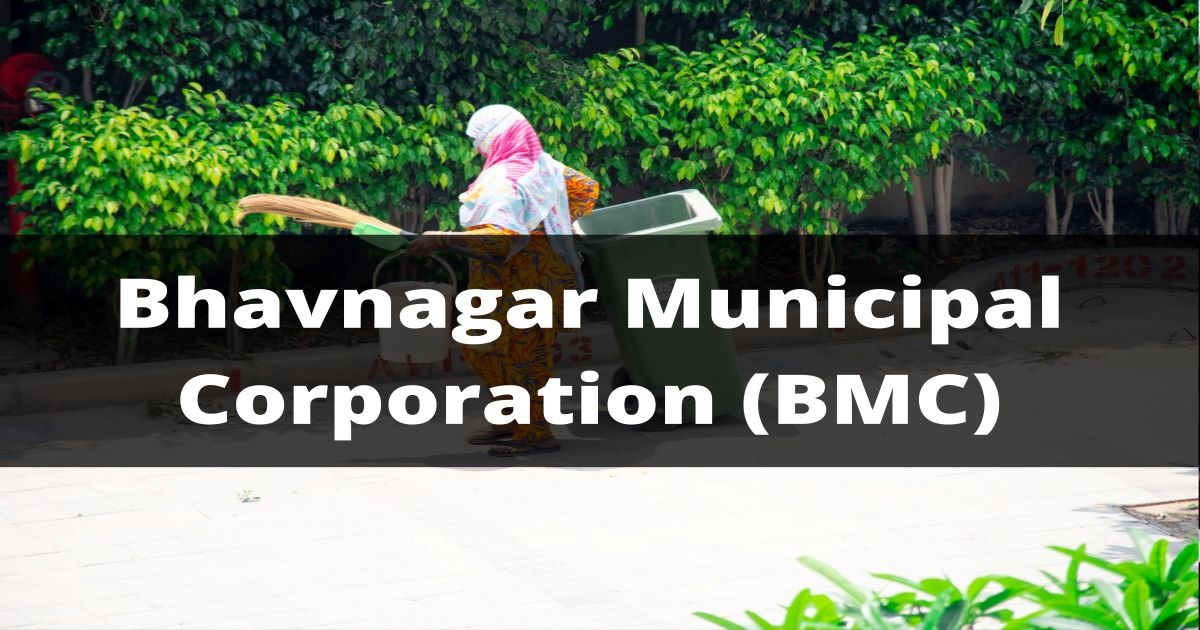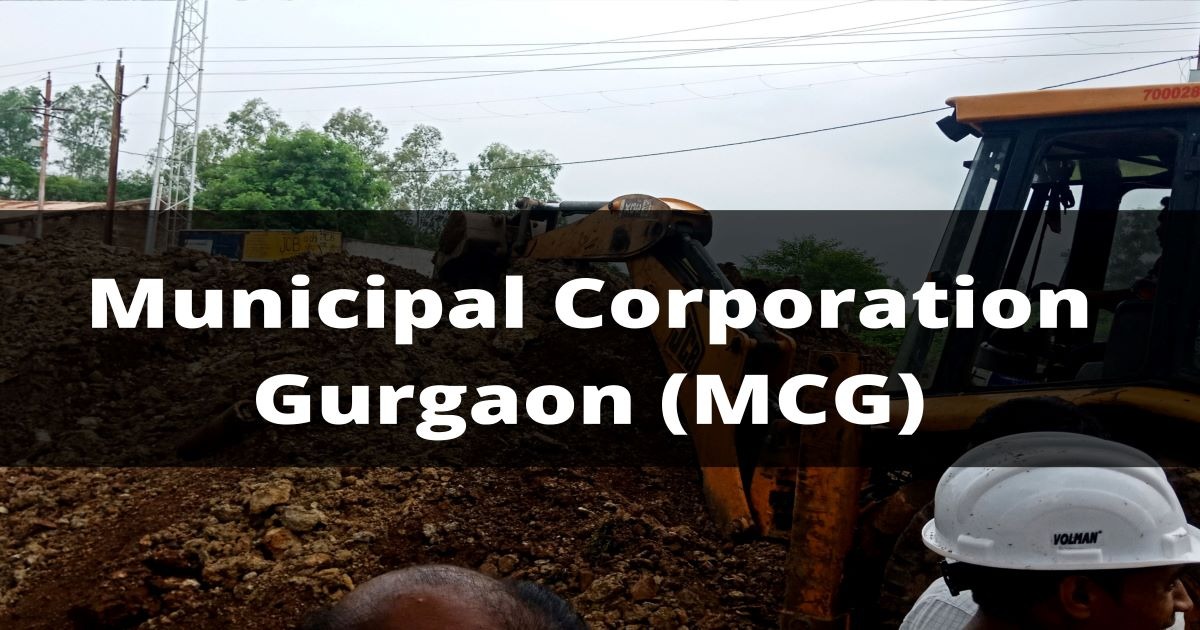The Zurich Airport International AG from Switzerland emerged as the highest bidder for the proposed international airport at Jewar in Uttar Pradesh on the outskirts of Delhi, recently. This project was long delayed and the development around this area was stalled for quite some time. The first phase of the project is due to be completed by 2023 and the new airport is expected to manage about 12 million passengers successfully around that time. The Zurich Airport left three other bidders behind, which were the GMR Group led consortium that was mainly comprised of Delhi International Airport Ltd, Adani Enterprises Ltd and Anchorage Infrastructure Investment Holdings. Zurich Airport offered the highest bid and offered a revenue share of INR 400.97 per passenger whereas the GMR Group led Delhi Airport, having the right of first refusal, offered INR 351. The bids from other entities were on the lower side. The final tender will have to be awarded by the airport’s project monitoring and implementation committee by 2nd December but this is more of a formality at this stage. More details about the upcoming Jewar Airport The Zurich Airport International AG will also design, develop and operate the new Greenfield airport in Jewar over a concession period of 40 years. It will also be investing 650 million Swiss francs, which translate to about INR 4,657 crore in the first phase and this will have to be completed by 2023, as mentioned earlier. On completion, the Jewar Airport will be the third airport in the NCR (National Capital Region) after the Indira Gandhi International Airport and the Hindon Airport at Ghaziabad. It will be located about 100 km away from Delhi Airport, the only international airport in the NCR. After the first phase is completed, the second phase of the mega airport is due to be completed by FY31 and by then, passenger capacity will go up to 30 million passengers. The third and fourth phases will then be completed by FY36 and FY40 respectively, scaling up passenger capacity to 50 and 70 million people respectively. The Flughafen Zurich AG had successfully sold its remaining shares of the Bengalore Airport in 2017 and it was excited to work again in India. This development is considered as quite positive for the aviation sector, according to the Director of the Crisil Infrastructure Advisory. External connectivity is being addressed on a war footing and the site had provided an encumbered place for growth and development. The concern that has been shown by some real estate consultants is that although an airport is being built here, there would be no real development until visible signs of construction are seen here at Jewar. There is potential for all kinds of development here like residential, commercial and retail projects but all of that will remain on hold until work finally starts in Jewar. Developers had bought large tracts of land in the vicinity of Jewar a long time back when the airport was first announced in 2001. However, even after such an encouraging announcement, commercial and residential projects might not be launched immediately due to oversupply concerns. Property market effect On the other hand, there are others who are very optimistic about the overall potential of the area and they are citing the example of Gurgaon, where real estate developed very quickly and added to the growth of the region because of the region’s close proximity to the airport. NCR most definitely needs a larger airport because of its vast expanse and the huge population it caters to. It is also expected that property prices here will increase because a price appreciation usually happens when any infrastructural project is announced. In the same way, Noida and Greater Noida could also emerge at par with Gurgaon in the future. The Jewar Airport, which will also be known as the Noida International Greenfield Airport, will be developed on 5000 hectares of land. Once completed, it is also expected to be the largest airport in India. The airport is touted to be a game changer and will greatly benefit passengers across Greater Noida and all throughout the Yamuna Expressway. The change however, will be noticed over a decade and will not be visible immediately. The areas around Noida and the Yamuna Expressway have always had great potential but livability was a challenge here for end- users previously. Although there were quite a few housing projects developed here ever since the airport was announced, most of them remained unsold or unoccupied and had turned into ghost towns. The small population here mostly comprised of the student population who went to the university nearby and lived here because accommodation was affordable. It is expected that the market will attract more end users now and infrastructural growth is also expected, thereby spurring a future boom in the real estate market. Once people start to move in, it is very likely that more job opportunities will be created in the locality as the market here had been under pressure for years now and it needed a fresh lease of life in the form of opportunities and employment generation. This new development will boost property markets here while home prices will continue to be affordable in comparison to Gurgaon and Delhi. However, there will be no compromises on infrastructure development. Along with residential and retail projects galore, the entire region should witness major logistics, warehousing and commercial developments although these could still require another 4-5 years to be fully implemented as per experts. All in all, the Jewar Airport will be good for the real estate market in Noida and it should certainly lead to major residential and commercial projects in the near future.
How far will Jewar Airport boost the Noida realty market?




































